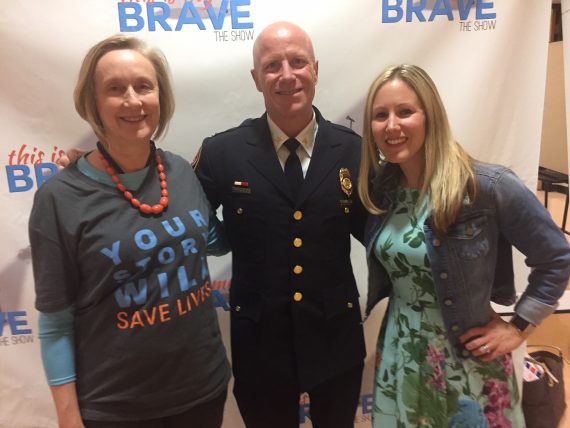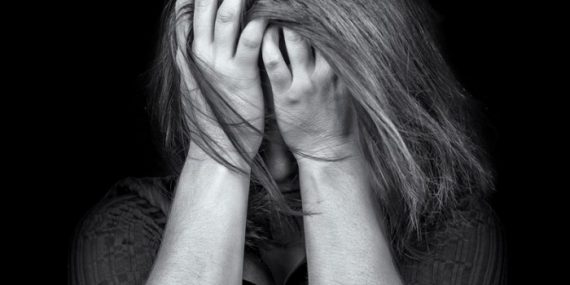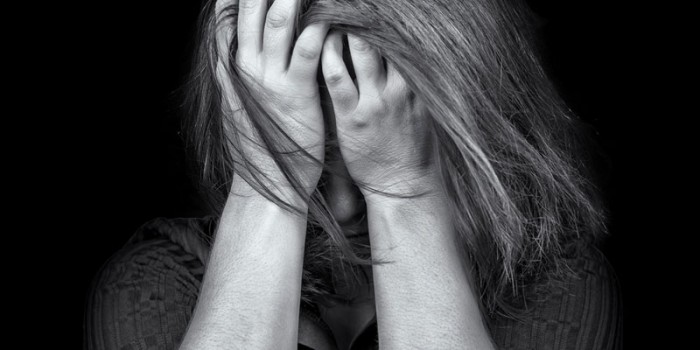
Prisoner dies in shower, but no evidence of foul play. Huh?
(4-9-18) Who is telling the truth about the alleged scalding death of a Florida inmate with schizophrenia – a state prosecutor or two investigative reporters?
On June 23, 2012, Darren Rainey, who was serving time for cocaine possession, was placed in a prison shower at the Dade Correctional Institution. According to news reports, the water was turned up to 180 degrees — hot enough to steep tea or cook ramen noodles. He was allegedly being punished by four correctional officers who kept him in the shower two full hours. Rainey was heard screaming, “Please take me out! I can’t take it anymore!” and kicking the shower door.
Inmates said prison guards laughed at Rainey and shouted, “Is it hot enough?”
Rainey died inside that shower. He was found crumpled on the floor. When his body was pulled out, nurses said burns covered 90 percent of his body. A nurse said his body temperature was too high to register with a thermometer. And his skin fell off at the touch.
That how the horrific event was first described by the Miami Herald‘s Julie K. Brown, who won a George Polk Award, one of journalism’s most prestigious prizes, for her investigative work. Her account was collaborated by Eyal Press in a lengthy piece published in The New Yorker. Florida Department of Corrections emails discussing how to describe the death were discovered later, according to The Miami New Times. And prison counselor Harriet Krzykowski gave the New Yorker other damning evidence that seemed to confirm that Rainey had been brutally murdered — and that she had been pressured to cover up evidence.
Late last month, Miami-Dade State Attorney Katherine Fernandez Rundle announced on a Friday afternoon that no charges would be filed because “the shower was itself neither dangerous nor unsafe…and the evidence does not show that Rainey’s well-being was grossly disregarded by the correctional staff.’’
News reports quoted Rundle saying, “Nobody can condone someone being thrown into a hot shower and killed. We read the same thing everyone else did, but it wasn’t until we really investigated that we learned that is not what happened.”




 A key reason why Ms. Campbell could write so authentically was because she had mental illness in her family, a topic she further explored in her fictional
A key reason why Ms. Campbell could write so authentically was because she had mental illness in her family, a topic she further explored in her fictional 


